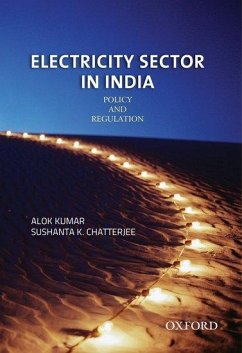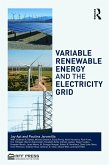Power shortage may very well be one of the major bottlenecks threatening the economic growth of India. Thus power, and particularly electricity, assumes top priority in maintaining a stable growth rate and ensuring energy security. After almost 10 years since the enactment of the Electricity Act, 2003 (a major landmark in second generation reforms), this book reviews the reform process and undertakes a detailed analysis of electricity policy, regulation, and performance, and comprehensively covers power infrastructure and management in India. Starting from a historical perspective of reforms in the power sector, the book covers the paradigm shift in the strategy of reforms after the Electricity Act, 2003, and its salient features. The authors have been active participants in and keen observers of the reforms and regulation in the sector over the last decade. Therefore, the book presents an authentic account of the evolution of the regulatory framework and the gap between vision and ground reality in the sector. The book also engages with policy challenges facing the sector and provides a framework for the way ahead.
Growing urbanization and the resultant rise in the demand for electricity have increasingly made second generation power sector reforms critical for economic growth. Undertaking a comprehensive analysis of the electricity policy, this book reviews its regulation and performance, and argues for healthy competition, better customer focus, and efficient distribution of electricity.
Hinweis: Dieser Artikel kann nur an eine deutsche Lieferadresse ausgeliefert werden.
Growing urbanization and the resultant rise in the demand for electricity have increasingly made second generation power sector reforms critical for economic growth. Undertaking a comprehensive analysis of the electricity policy, this book reviews its regulation and performance, and argues for healthy competition, better customer focus, and efficient distribution of electricity.
Hinweis: Dieser Artikel kann nur an eine deutsche Lieferadresse ausgeliefert werden.








